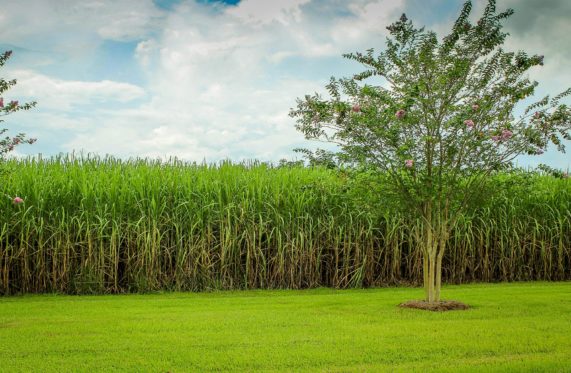Agricultural Commodities – Inexperienced importers make these mistakes

If your company is going to import sugar for the first time, you need to pay full attention to this information.
During the pandemic, logistical flows were drastically
changed. The demand for medicines, gloves, masks, syringes, among other items,
generated demands and import flows in destinations that were not previously
considered.
The change in flow caused shortages of food, supplies,
containers, routes and this resulted in opportunities. Many importers saw the
opportunity to import essential items for the first time, such as foodstuffs,
for example.
A similar effect occurred with the outbreak of the war in
Ukraine.
Motivated by the opportunity to import agricultural
commodities with great worldwide demand, companies make the following mistakes:
1 – Did not analyze the market and did not assess the demand
at the port of destination. You are entering a market that already has
consolidated importers, so analyze if there is room for your company and how
long it will take you to consolidate
2 – Don’t believe in fetched demands. Example: 50,000 metric
tons x 12 months.
No importer starts in this market with exorbitant demands
like this, so if you received this type of request from a customer or business
partner and it motivated you to import, you will not be successful and you will
still waste time and money trying to make an import viable.
3 – Sold an agricultural commodity even before having
imported it.
If you traded sugar, soybeans or corn with a buyer and only
after closing the deal and receiving the sale do you go in search of a
supplier, I inform you that you will be frustrated.
Time is the enabling element in this type of operation and
you will not be able to equate negotiation time / shipping time / delivery
time. Before that, the buyer will be suing you for misleading sales.
4 – Requested a quote without having an approved credit line
for the issuance of contractual guarantees. No one goes shopping without cash
or a credit card, and that won’t work for importing agricultural commodities
either.
Before buying your company you will have to prove that it is
suitable. Along with the ICPO [irrevocable purchase order] you will be required
to send a BCL* or RWA* that will prove that your company has money or credit to
support the import operation, that is, you will have to prove that you are not
just another adventurer with buy intention.
5 – Request quotes without knowing the market [ demand x
supply + average price + legislation + logistics costs ]. This is insanity.
Don’t be naive!
There are scammers highly prepared to rip your pants off.
They fake websites, emails, documents, take photos, videos, meetings and use
very low prices as bait. Something that a savvy buyer quickly identifies your
company will take months to understand and identify. So, before importing, do
your homework, research, plan, make the cost spreadsheet, approve credit lines
in world banks [ TOP50 ]. Finally, request a quote.
The lack of experience of buyers/importers of agricultural
commodities has caused a geographic phenomenon of lack of credibility, bad
reputation and this harms the supply of agricultural commodities.
Example: Mello Commodity no longer meets demands for China
or Nigeria, as 99.9% of quote requests come from companies unprepared to
import, adventurers, false buyers, etc. It’s not worth dedicating time and
money, as the wear and tear with demands for these destinations is immense.
You have demands for Sugar, Soy or Corn produced in Brazil,
talk to Mello Commodity
SALES PROCEDURES IN: https://mellocommodity.com.br/procedures-and-terms/
Your demand is for Edible oils, Brazilian meats, wood
pellets and coffee produced in Brazil, DOWNLOAD THE SUPPLIERS GUIDE AT: https://mellocommodity.com.br/brazilian-agricultural-commodity-suppliers/
* BCL, or Bank Comfort Letter, is a document usually issued
by investment banks in which the bank says that the customer has a good credit
history, sufficient to support large operations, or else in which the bank says
it is willing to grant loans to the customer, sufficient to cover the value of
a given operation.
* RWA – Ready, Willing and Able.
This is a document that is issued by the buyer’s bank. The
bank confirms that its customer has sufficient funds in its possession and is
ready, willing and able to enter into the contract.
Related
Related Post

Brazilian Sugar Exporters – Get your definitive guide to the top sugar exporters here
When it comes to sugar exports, Brazil stands out as a major player in the [...]
BRAZIL – Brazilian white sugar export logistics using containers
BRAZILIAN SUGAR IN CONTAINER - If you have demands for Icumsa 45, Icumsa 150 or [...]

